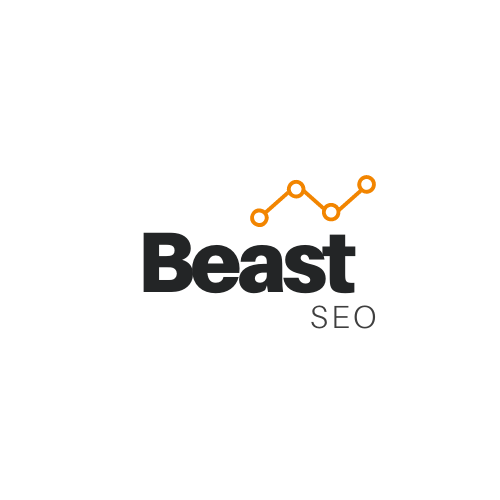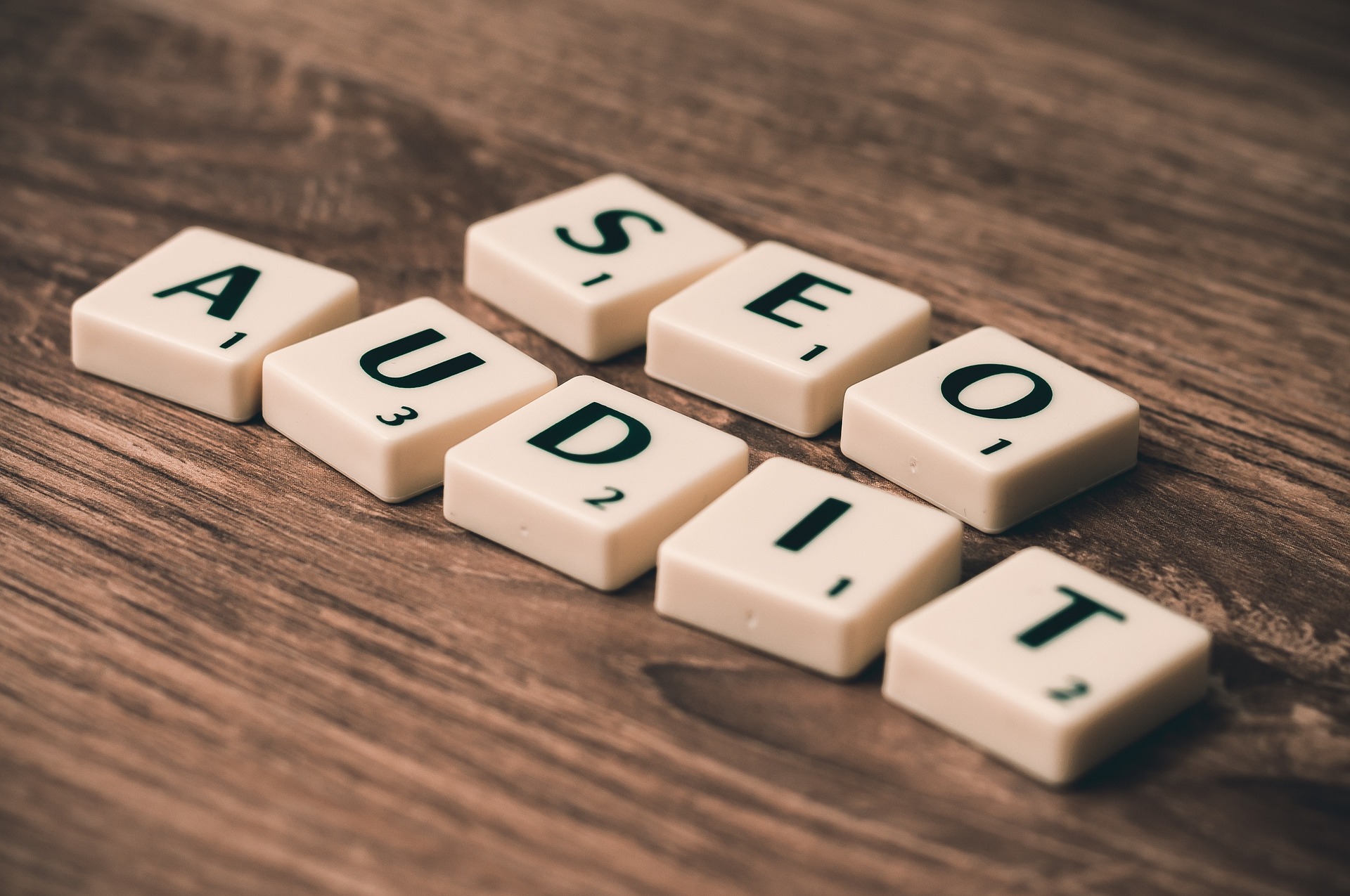You’ve heard a lot about SEO and think you should be doing it, but where do you start? And, if you’ve read anything at all about SEO you know there are a lot of different tactics and techniques that you could do to improve where your website ranks on search engines. Just like any other business problem you face, you need to understand what the problem is first. The best way to do that is by using a free website SEO checker to see how your site ranks.
What Is An SEO Audit And Do I Need One?
The question I would ask you is do you want more visitors to your website, more leads and more revenue? If so, then I would highly recommend an SEO audit of your website.
Websites need maintenance just like every other asset in your business. Search engines use complex algorithms to rank websites and if your website is left unattended, the search engines will notice that and penalize you for it. You need an SEO strategy to make sure your website ranks and your business grows.
An SEO audit is an evaluation of your website that grades it for its ability to show up in search engine results. The audit is done by checking each aspect of your websites performance to determine what issues need to be corrected or improved in order that your site shows up in search engines.
The audit will give you a comprehensive overview of where your website stands on many of the top ranking factors that the search engines use determine the health of your site and the relevancy of your content. And, it will give you specific actions you can take to correct any technical issues.
What’s Covered In An SEO Audit
There are several SEO audit tools that you can use and you will find that they are not all created equal. Most of them will scan and report on the technical aspects of your website but there are some tools that will look at your social media presence, your local business listings, back links, and how you stack up against your local competitors.
You can expect that most SEO audits will include:
- Are your page titles and meta descriptions optimized?
- How are your keywords ranking?
- Word count and Text / HTML ratio.
- HTML Headings.
- Do you have a robot.txt?
- Do you have a sitemap?
- Internal and external links.
- Are your images optimized?
- Site speed.
- Is it mobile-friendly?
- And many other technical factors.
Other SEO Agencies will run different audits that will look at your Google My Business optimization, social presence and your local business listings. My agency does both.
The goal of your SEO audit is to get an overview of the health of your website and to create a strategy to improve your search engine optimization. Your audit report will include specific actions and recommendations you can take to improve your site. You can choose to do these things yourself or hire a local SEO agency who can do these things for you.
What Is Your SEO Score?
Take Action To Outrank Your Local Competitors
Once you have your report you can put a plan together to start taking actions that will improve the health of your website. I can tell you from experience that your competitors are probably not doing this. I had a competitor when I owned my Home Care Agency who talked a lot about his website and all the SEO work he was doing. When I ran an SEO audit of his website, I was shocked. Not only was my website completely outperforming his, there were several basic SEO techniques that he was not doing at all. Very basic stuff. Had he performed an SEO audit on his site, he would have seen this and could easily have corrected it.
So, take action now. Start with your free SEO audit and see how healthy your website is. Then, start systematically implementing the recommendations in the report and watch your site get better. Some of the technical recommendations may seem a bit foreign to you. If that’s the case, a local SEO agency can certainly help you and the benefits will certainly outweigh the cost of doing so.
You can also check out a previous article I wrote SEO For Small Business – 10 Steps To Outrank Your Competition.
Start With The Technical Stuff First
Optimize Page Titles
Page titles give your prospective customers a quick insight into the content of the result of their query and whether it’s relevant to them. Many times it is the primary piece of information used to decide whether they will click on your site or not. So, it is essential that you use high-quality titles on your pages. They should be descriptive and concise. Avoid unnecessarily long titles as they will likely get truncated anyway. Ideally they should be less than 60 characters.
Optimize Meta Descriptions
The meta description is simply a summary of the page’s content that can be read easily by a human. Accurate meta descriptions can improve your click through by giving your reader some benefits on why they should click on your page.

Optimize Keywords
Your audit report should tell you how your keywords are ranking. Take this opportunity to review your keywords and make sure that you are ranking for the correct keywords. If the keywords that your site is ranking for are not relevant to your business, you should set a goal to revise some of your content to include new and stronger keywords. You want to make sure that you are showing up in search results relevant to your product or service.
Optimize Images And Videos
First of all, the use of images and videos on your website are very important to SEO. But, keep in mind that search engines cannot read an image or a video. Therefore, you must make sure you use an image “alt” text that describes what the image is. The same for a video. Make sure you have text describing what the video is about in the video description. Otherwise, the search engines will pass you by.
Make Sure Your Pages Are Mobile-Friendly
Mobilegeddon has caused webmasters and marketers to rush to create mobile-friendly versions of their websites. The use of mobile devices to search the internet has increased dramatically and it’s predicted that by 2021, 52.3 million users will search by mobile devices only. Your site must be optimized for all devices.
To do a quick test to see if your site is mobile-friendly you can run your site through Google’s Mobile-Friendly Test.

Have A Content Strategy
I have said this before but it bears repeating. Content is King. Your content should solve a problem for which someone is searching Google for an answer. Use your keyword in your page title and meta descriptions as well. Keep your content fresh and relevant. I would recommend starting a blog if you don’t already have one and make it a goal to publish one short article each week targeting a different keyword relevant to your product or service.
Do Some Keyword Research
When you have found a great keyword for your site, dig deeper to see if there are other related keywords that you can use. You can find out if the keywords are getting traffic and how much competition there is for that keyword by other websites. Luckily there are free tools for this, like the Google Keyword Planner and KWFinder. With these tools, you can find search volume and competition for each suggestion.
For a quick tutorial on using the free Google Keyword Planner, check out this short video below.
In Summary
An SEO site audit is a crucial first step in determining the health of your website and how well your site is ranking in the search engines. Conduct a free site audit today.
Once you have your SEO audit report, you can simply begin implementing the recommendations outlined in the report. As part of your SEO strategy, you may want to look into hiring a local SEO expert to help you. The key here is to start doing it because I can pretty much guarantee that your competitors are not. This will be a competitive advantage for you.
Start with fixing the technical on-page SEO issues first and then you can focus on your content and keyword strategy. If some of the technical recommendations frighten you (as you will need to make some changes to the back end of your website) a local SEO expert can help you with this as well.
Good luck and happy SEO’ing. If you have any questions please leave a comment below and I’ll be happy to reply quickly. Thanks.


